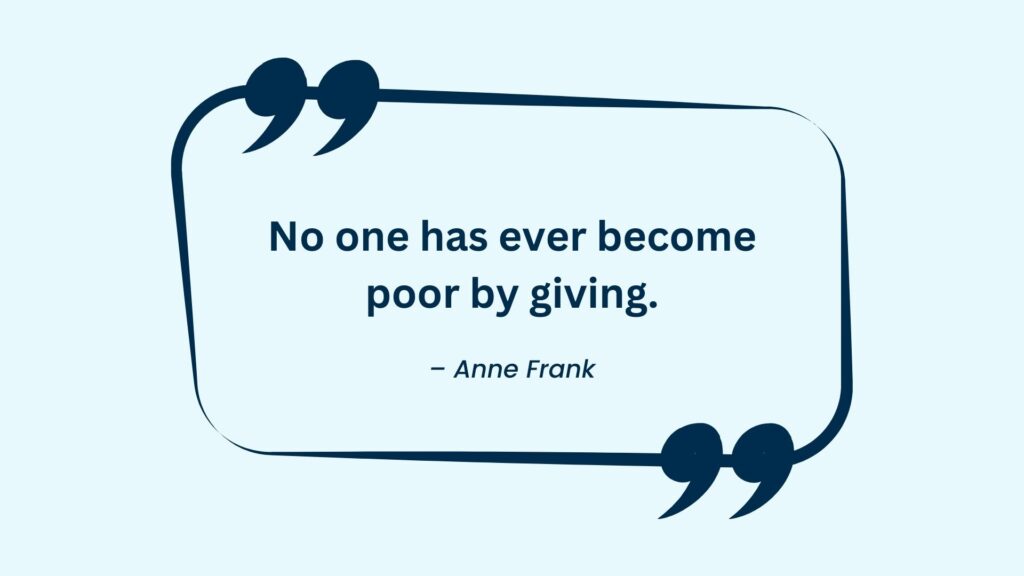Table of Contents
- 1 1. Understand the IB Chemistry syllabus
- 2 2. Learn and practice the fundamental concepts
- 3 3. Focus on problem-solving skills
- 4 4. Use visual aids to enhance your understanding
- 5 5. Practice past papers and understand the exam format
- 6 6. Seek help from teachers and peers
- 7 7. Stay organized and manage your time effectively
Hear it from an IB student!
The International Baccalaureate (IB) Chemistry program is known for being challenging, with a high emphasis on both theoretical and practical knowledge. To achieve a score of 7 in IB Chemistry, students need to have a solid understanding of the subject, excellent study habits, and the ability to think critically and apply their knowledge in different contexts. Here are some tips to help students achieve this:
1. Understand the IB Chemistry syllabus
One of the essential steps to score a 7 in IB Chemistry is to know what is expected of you in the course. The IB Chemistry syllabus is divided into core topics and additional higher-level topics. Make sure to read through the syllabus carefully and understand the objectives, learning outcomes, and assessment criteria. This will give you a clear idea of what you need to learn and how you will be assessed.
As an IB student, I was not the biggest fan of chemistry. However, that did not stop me from taking it as a higher level subject. I know, it was a smart decision. When I read through the syllabus, I understood that there were additional higher level topics that we needed to learn. That was a moment of realization for me – it was going to be a rollercoaster. But with the faculty I had, I was able to get through the syllabus even though there were a few hiccups. During our very first days in IB, all we were asked to do was go through the entire syllabus – understand the in’s and out’s of it so we knew what was coming our way. I’m not going to lie, it did really help plan and organize.
2. Learn and practice the fundamental concepts
IB Chemistry is built on fundamental concepts that you need to master before you can understand more complex topics. These include atomic structure, chemical bonding, and the periodic table, among others. Make sure to study these topics thoroughly and practice applying them in different contexts. You can use textbooks, online resources, and past papers to reinforce your understanding.
Remember the part where I said I was not the biggest fan of Chemistry? It was majorly the organic part of it. There were times when I loved the subject; when the subject content was easy to comprehend, like periodicity or the atomic structure for that matter. I had a love-hate relationship with it. Through my course of study, I was able to figure out which topics were my strengths and which one’s I was weak in. I’d allocate my time appropriately in terms of practicing the textbook questions alongside past paper questions.
Unfortunately, practicing them once or twice just helped me remember the concept temporarily, so my advice would be to practice it every other day for a minimum of 3 weeks so you really familiarize yourself with the understanding. Focus on the basics and build up to the higher level concepts from there. Make sure your understanding of the foundation is solid.
3. Focus on problem-solving skills
IB Chemistry is not just about memorizing facts and concepts; it also requires strong problem-solving skills. To develop this, practice solving different types of problems and applying your knowledge to real-life scenarios. Don’t just memorize the solutions; try to understand the underlying principles and concepts. This will help you to tackle unfamiliar problems on the exam and in real-life situations.
This is an important one. IB is not just about answering direct-answer questions. IB has its ways of messing with you. They expect students to apply the concept knowledge in analytical and critical thinking problems. So, you will need to figure out in which twisted way they expect you to apply one or two formulas. Again, with practice, you will most definitely get used to the style in which IB exam questions are asked which will eventually make it easier for you to understand the questions. When you do practice questions, don’t do too many of the direct answers. Figure out the calculation questions because they have only one answer and there’s no way you can lose out on those marks if you apply the formulas and do the steps right.

4. Use visual aids to enhance your understanding
Chemistry can be an abstract subject, and visual aids such as diagrams, charts, and videos can help you to understand complex concepts better. Use visual aids to help you visualize chemical reactions, understand the structure of molecules, and explain the properties of different substances.
Have you ever stared straight into the textbook with everything going over your head? Yeah, that happens quite often. Some people get stuck here and shut the book after 30 minutes of trying. Instead, you could approach a different way of learning. I was one of the students who preferred listening to someone teach, for me to understand. So, when the textbooks didn’t cooperate, I resorted to youtube videos and other websites where they explained the concept in extensive detail with examples. And another bonus is that, when they try to teach you, they try to condense the information in as minimal text as possible. So, if you don’t like to read, try to use those graphs/tables/pictures. Or, you could condense your notes into diagrams and such according to your convenience so it stays in your memory for longer.
5. Practice past papers and understand the exam format
The IB Chemistry exam consists of both multiple-choice and structured questions, and you need to be familiar with the format to do well. Practice past papers to get a sense of the types of questions that will be asked and the time constraints. Make sure to understand the marking scheme and assessment criteria so that you know how to structure your answers.
This is probably the most significant thing you need to be clear about in the beginning of your journey – understanding the format of the exam, how much weightage each topic has in the exam paper and how they expect you to answer the questions. If you have all three of these figured out, prioritizing and studying should be a piece of cake. Unfortunately, I missed out on doing this so I took the harder route of scramming to learn everything last minute. Once you understand the exam format, you’ll approximately have an idea of how many theoretical, experiment-based and case study based questions you can expect.
It would also mentally prepare you so the paper doesn’t take you by surprise. Additionally, the IB exam past papers are a perfect way to practice and exercise your knowledge of the subject concepts. After you answer the question (honestly), you can compare it with the marking scheme and see how different your answers are and how they can be improved. Test yourself, mark yourself and keep practicing. You’ll definitely see yourself improving. I will say this from experience.
6. Seek help from teachers and peers
IB Chemistry can be a challenging subject, and you may need help along the way. Don’t be afraid to ask your teacher for clarification on a concept or to go over a challenging topic. You can also form study groups with your peers to discuss difficult concepts and practice problem-solving skills.
If you are one of those students who manages to self study, I truly truly envy your skill to grasp concepts. In my two years of doing IBDP, I would be found on my teacher’s back for nagging them honestly. I felt bad, but I needed to get through IB so, I had to do what I had to do. I lived in their cabin, I bothered them during the entire duration of the class until I clarified my doubts. And you should too. My strong advice is, don’t pile up your doubts and push it to the last minute. Once a concept is taught in class, go home, revise it at your own level and if you have any questions, get them clarified the next day.
If you do end up piling up your doubts, you’ll feel like you didn’t understand anything and you will lose the motivation to learn and understand the subject. If you feel like your teachers are getting annoyed, annoy your friends. I’m sure they wouldn’t mind. Or if you understand something that they didn’t, teach it to them. Teaching your peers will only develop your understanding further and will stay in your memory longer. I did it all the time! (you know that it was not chemistry, so let’s move ahead.)
7. Stay organized and manage your time effectively
IB Chemistry is a content-heavy subject, and you need to manage your time effectively to cover all the topics and practice past papers. Create a study plan that includes time for reviewing notes, practicing problems, and completing past papers. Make sure to stay organized and keep track of your progress to stay on top of the workload.
There’s nothing new here for me to tell you. We all know this and we’ve heard the same advice over a hundred times; creating a study plan, time management, staying organized, blah blah. Unfortunately, I’m here to tell you that there is absolutely no other way to do this but to follow this advice. Time management is very critical. I fell into the trap of being all over the place and completely disorganized between my exams and my internals. It took a toll on me in the beginning. Nothing was going the right way. Everything was falling apart. But it all fell into place over time. I made 10 study plans. I followed each one for two days. I would advise you to keep trying the study plan because it did help even if it was just two days. Never wait till one week before the deadline for your internals. Get them out of the way first and have all your focus on your exams. They’re important. Very important. Stay on top of this, you’ve got it.
In conclusion, achieving a score of 7 in IB Chemistry requires a solid understanding of the subject, excellent study habits, and the ability to think critically and apply your knowledge in different contexts. You can overcome challenges such as the content-heavy syllabus, complex concepts, and practical work by developing a study plan, using visual aids, seeking help from teachers and peers, and managing your time effectively. Don’t be afraid to ask for help and stay organized to stay on top of the workload. With dedication and hard work, you can succeed in IB Chemistry and achieve your goals.








